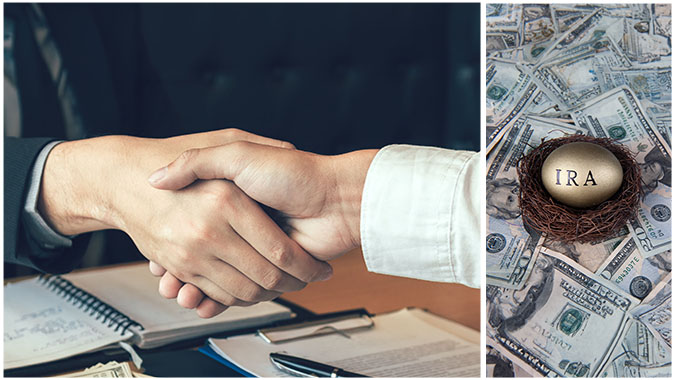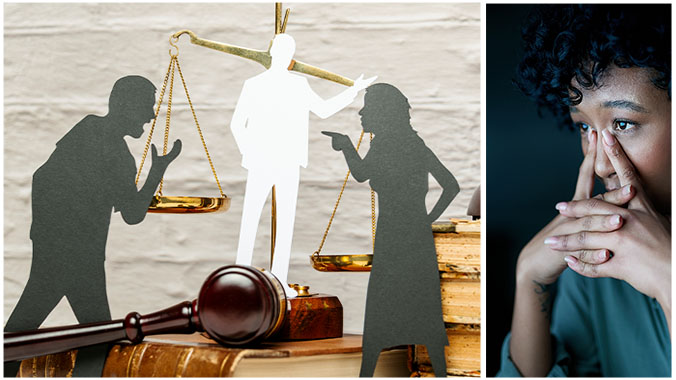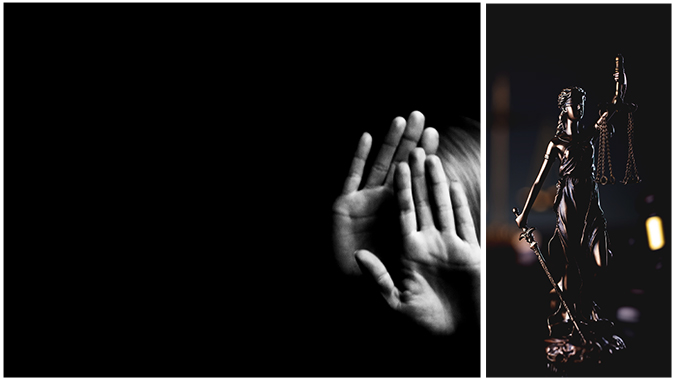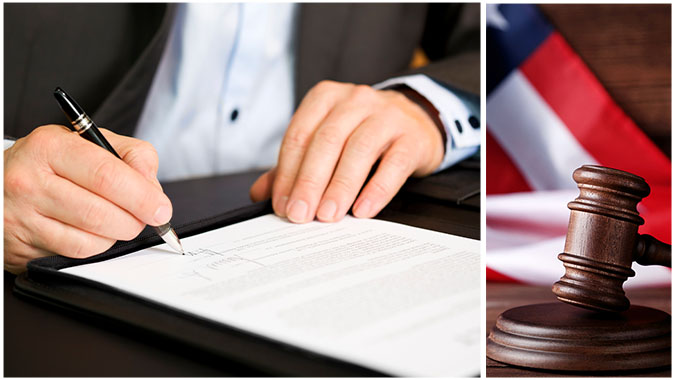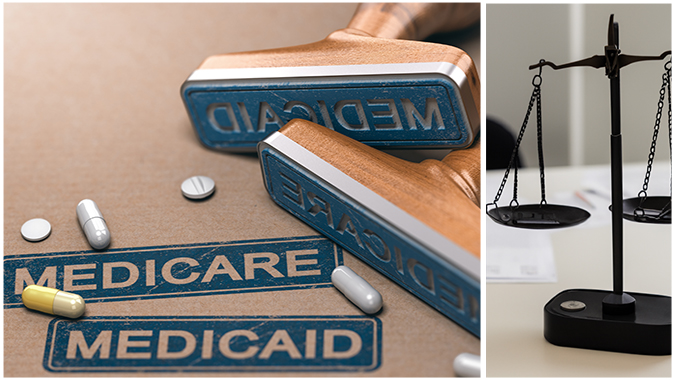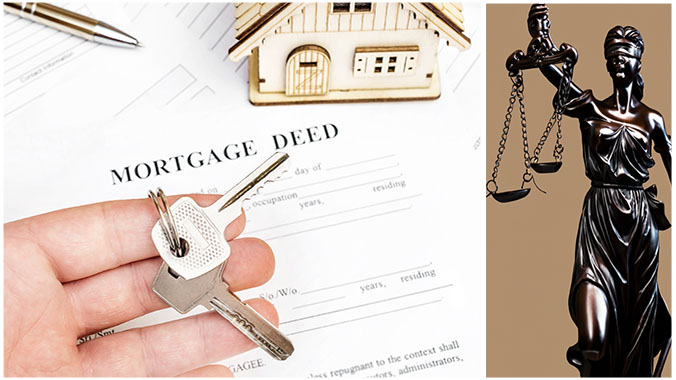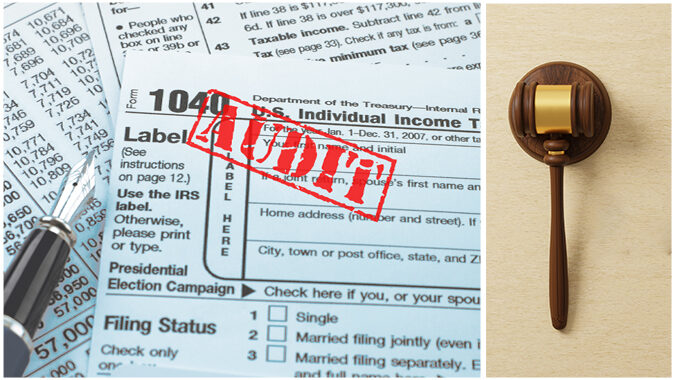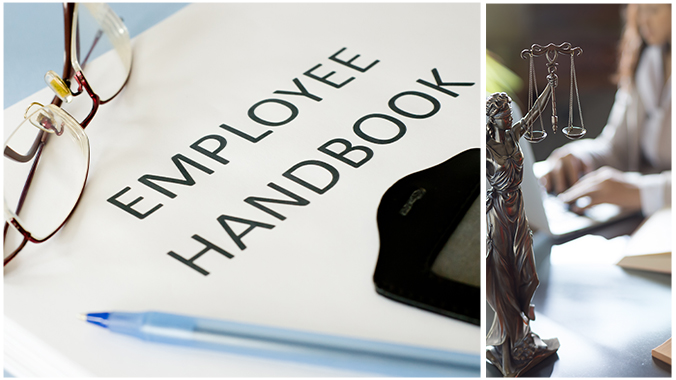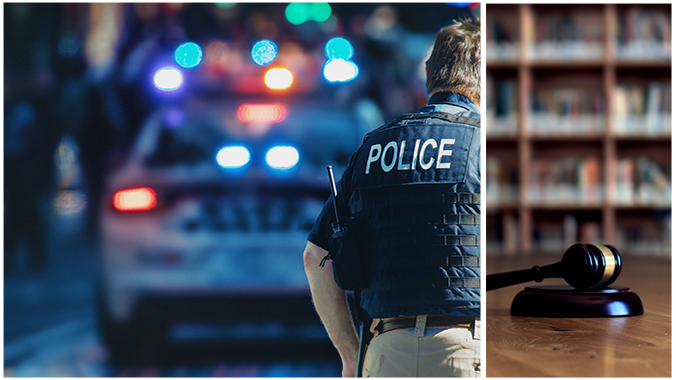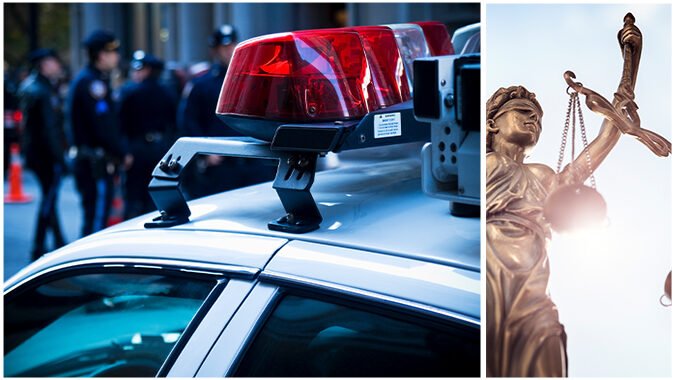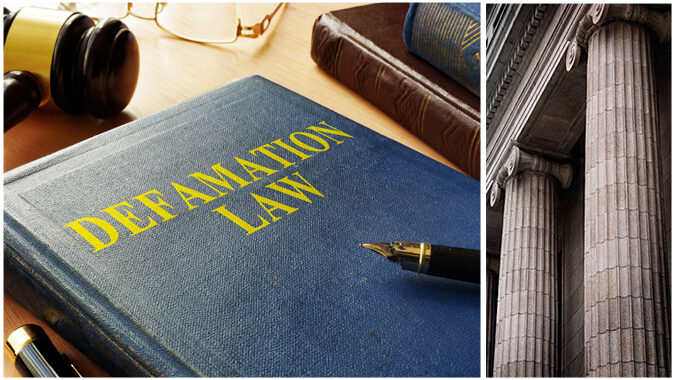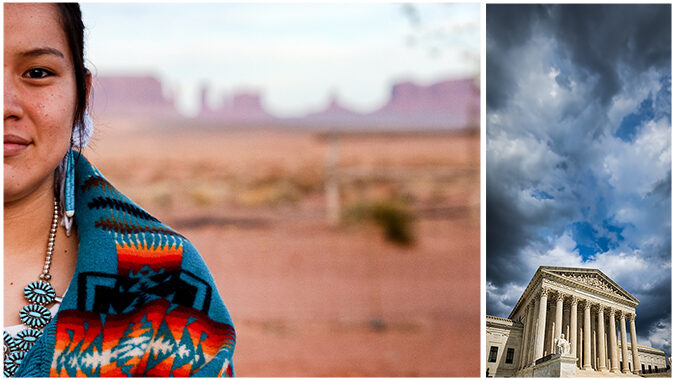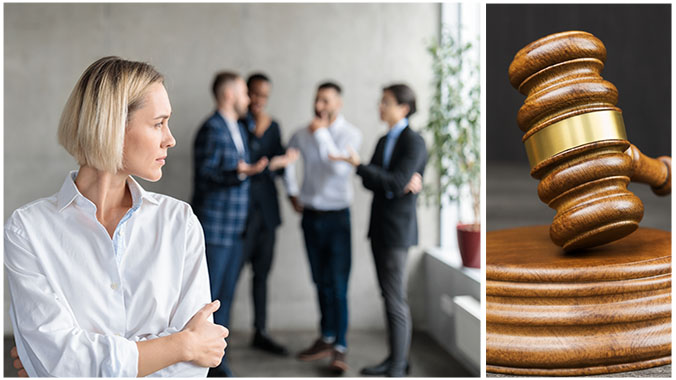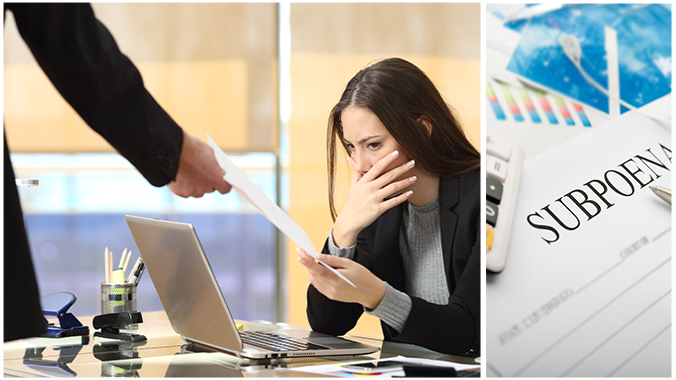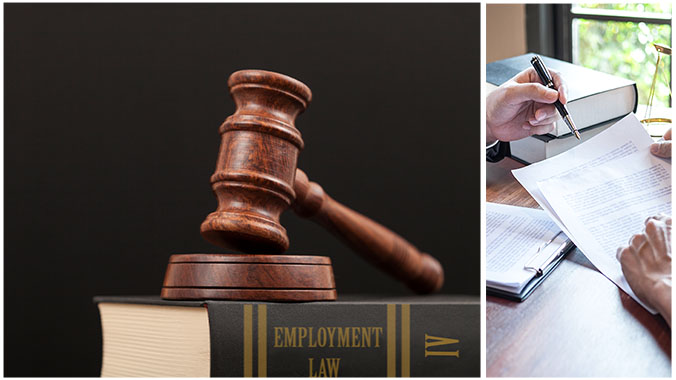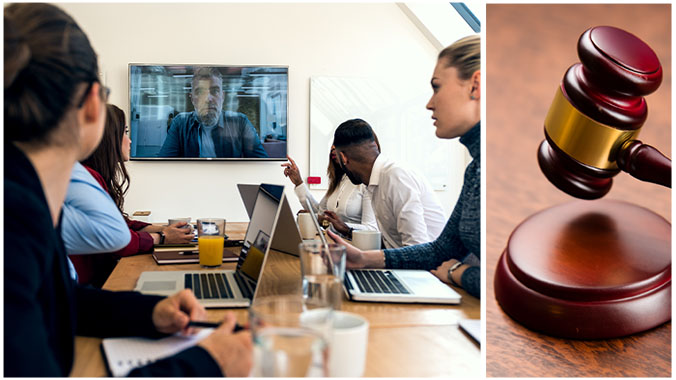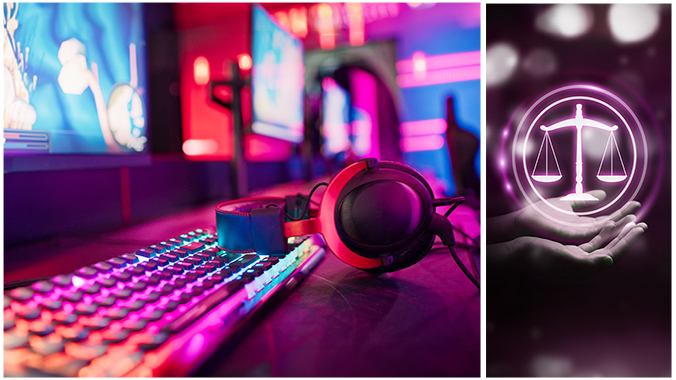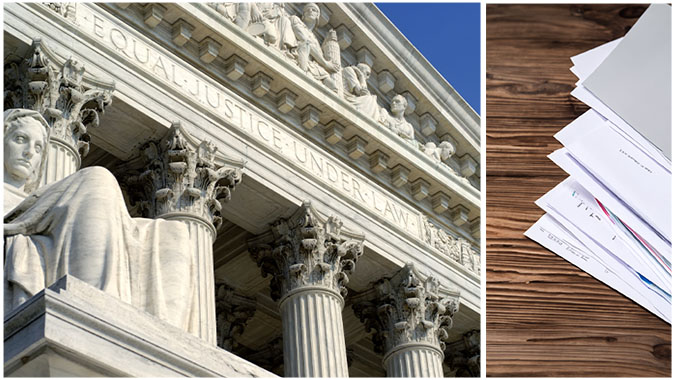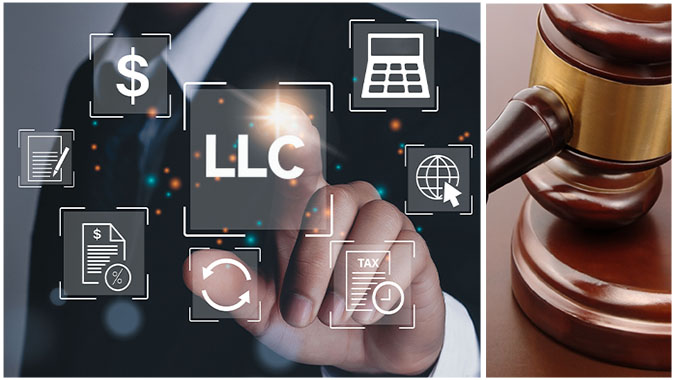Mastering Copyright Basics, Patent Law, and Trademark Registration



Subscribe to myLawCLEs All-Acces Pass...
Get this course, plus over 1,000+ of live webinars.
Learn More
MCLE Credit Information:
Select Your State Below to View CLE Credit Information
Tuition: $195
Training 5 or more people?
Sign-up for a law firm subscription plan and each attorney in the firm receives free access to all CLE Programs
Program Summary
Session I – Copyright Basics - Andrew W. Stroud
Copyright Law continues to be one of the most misunderstood and maligned areas of Intellectual Property Law. It is blamed for slowing progress and interfering with technological advances. Concepts such as transformative use and the extent of the public domain continue to plague copyright holders, as well as those trying to use another’s works without infringing on an author’s copyright interest. In this course we will go back to the basics of copyright law to determine how to best protect your rights as both an owner and a third party user. We will explore concepts of fair use, including the Supreme Court’s recent Warhol decision, and why and how someone should register a copyright, and even what can be copyrighted.
Key topics to be discussed:
- Copyright Registration, why, how and what can be copyrighted
- The fair use doctrine, what is it and where does it stand after Warhol
- AI and the copyright law, can computers hold copyrights?
- Copyright infringement: how to avoid an action
Session II – Patent Law - Robert A. McFarlane
The 21st Century has witnessed significant changes to the foundations of American patent law. Congress passed the American Invents Act in 2011, enacting the most significant changes to the patent statutes since the Patent Act of 1952, and the Supreme Court issued a string of decisions between 2006 and 2014 that rewrote the law governing the availability of permanent injunctions in patent cases, the standard for determining whether a patent is invalid because it is “obvious,” and the requirement that patent claims define the invention with “definiteness.” And, of course, the Court issued its ruling in Alice v. CLS Bank that has spawned almost a decade of confusion regarding the foundational standard governing the scope of patentable subject matter.
Key topics to be discussed:
- The extent that AI-generated inventions can be patented
- The Supreme Court’s continuing refusal to grant certiorari to revisit its Alice decision and the Federal Circuit’s on-going struggle to consistently apply the Alice framework
- The Supreme Court’s ruling in Amgen v. Sanofi addressing the requirement that the specification must “enable” the full scope of the patent claims
- Continuing developments affecting patent venue and plaintiffs’ decision whether to file infringement actions in the popular courts of the Eastern and Western Districts of Texas and the District of Delaware
- Procedural rulings affecting the Patent Trial and Appeal Board that impact the decision whether to grant petitions for inter parts review challenging the validity of patents
Session III – Trademark Registration in the United States - Clay LaPoint
Over the last several years, the USPTO’s examination of trademark applications has experienced significant delays. Applicants face increasing scrutiny from examining attorneys on issues including alleged descriptiveness, failure to function, ornamentation, and likelihood of confusion with prior filings. In this overview, we will discuss strategies to increase odds of achieving registration and avoiding/overcoming Office Actions. We will also discuss post-registration procedures such as declarations of use, specimens, and audits, and strategies for the same.
Key topics to be discussed:
- Registrability – What types of marks can be registered?
- Overcoming failure to function and ornamentation refusals at the USPTO
- Avoiding and overcoming specimen refusals at the USPTO
Date: June 22, 2023
![]() Closed-captioning available
Closed-captioning available
Speakers
 Andrew W. Stroud | Hanson Bridgett LLP
Andrew W. Stroud | Hanson Bridgett LLP
Andy Stroud is a partner in the Sacramento office of Hanson Bridgett. Andy is the Past President of the California State Bar Intellectual Property Section (now California Lawyers Association). Andy has been practicing Intellectual Property Law for over twenty years and represented noted Rock n’ Roll photographer Jim Marshall, the “Godfather of Rock n’ Roll photography,” as well as musician Johnny Cash in copyright actions. Andy is the author of many articles dealing with Intellectual Property, and especially the transformative use doctrine.
 Robert A. McFarlane | Hanson Bridgett LLP
Robert A. McFarlane | Hanson Bridgett LLP
Rob McFarlane is a partner in the San Francisco office of Hanson Bridgett LLP, where he chairs the Technology Practice and co-chairs the Intellectual Property Practice. He is a registered patent attorney whose litigation practice focuses on patent infringement matters, trade secret disputes, and intellectual property and technology-related commercial disputes. He has argued cases before the Federal Circuit and the California Courts of Appeals and represents his clients in district courts throughout the United States and before the Patent Trial and Appeal Board (PTAB), the International Trade Commission (ITC), and the Trademark Trial and Appeal Board (TTAB).
He has also been retained as an expert witness on patent-related issues in actions pending in the High Court of England and Wales and in private arbitration. Rob is a recognized leader in the San Francisco intellectual property law community. He teaches patent law the University of California College of the Law San Francisco (formerly Hastings), has taught intellectual property and patent litigation courses at Golden Gate University School of Law, and has served as president of the San Francisco Intellectual Property Law Association. Rob earned his BAS in Industrial Engineering and Political Science from Stanford University and his J.D. from the University of California Hastings College of the Law.
 Clay LaPoint | Hanson Bridgett LLP
Clay LaPoint | Hanson Bridgett LLP
Clay focuses his practice on trademark prosecution and portfolio management. His trademark practice includes policing, litigation, and assisting clients in the selection, clearance, and registration of U.S. and international trademarks. Clay frequently represents clients in trademark opposition and cancellation proceedings before the U.S. Patent and Trademark Office’s Trademark Trial and Appeal Board. He also has experience advising clients regarding domain name and Internet issues, including cybersquatting, domain name disputes, and brand protection challenges involving social media platforms.
Agenda
Session I – Copyright Basics | 12:00pm – 12:40pm
- Copyright Registration, why, how and what can be copyrighted | 12:00pm – 12:10pm
- The fair use doctrine, what is it and where does it stand after Warhol | 12:10pm – 12:20pm
- AI and the copyright law, can computers hold copyrights? | 12:20pm – 12:30pm
- Copyright infringement: how to avoid an action | 12:30pm – 12:40pm
Session II – Patent Law | 12:40pm – 1:30pm
- The extent that AI-generated inventions can be patented | 12:40pm – 12:50pm
- The Supreme Court’s continuing refusal to grant certiorari to revisit its Alice decision and the Federal Circuit’s on-going struggle to consistently apply the Alice framework | 12:50pm – 1:00pm
Break | 1:00pm – 1:10pm
- The Supreme Court’s ruling in Amgen v. Sanofi addressing the requirement that the specification must “enable” the full scope of the patent claims | 1:10pm – 1:15pm
- Continuing developments affecting patent venue and plaintiffs’ decision whether to file infringement actions in the popular courts of the Eastern and Western Districts of Texas and the District of Delaware | 1:15pm – 1:25pm
- Procedural rulings affecting the Patent Trial and Appeal Board that impact the decision whether to grant petitions for inter parts review challenging the validity of patents | 1:25pm – 1:30pm
Session III – Trademark Registration in the United States | 1:30pm – 2:10pm
- Registrability – What types of marks can be registered? | 1:30pm – 1:45pm
- Overcoming failure to function and ornamentation refusals at the USPTO | 1:45pm – 2:00pm
- Avoiding and overcoming specimen refusals at the USPTO | 2:00pm – 2:10pm
#1 CLE Access Program
- Over 1,000 Live CLE Webinars each year
- All CLE webinars broadcasted in last 12 months
- Programs covering over 35 practice areas
- Hot topics & changes in the law
- All formats: Live, Replay, and On-demand
- Accreditation in every state
Access every CLE webinar,
every format, all year long!
myLawCLE All-Access Pass
only $395 yearly
Register Now
#1 CLE Access Program
- Over 1,000 Live CLE Webinars each year
- All CLE webinars broadcasted in last 12 months
- Programs covering over 35 practice areas
- Hot topics & changes in the law
- All formats: Live, Replay, and On-demand
- Accreditation in every state
Access every CLE webinar,
every format, all year long!
myLawCLE All-Access Pass
only $395 yearly
More CLE Webinars
Trending CLE Webinars

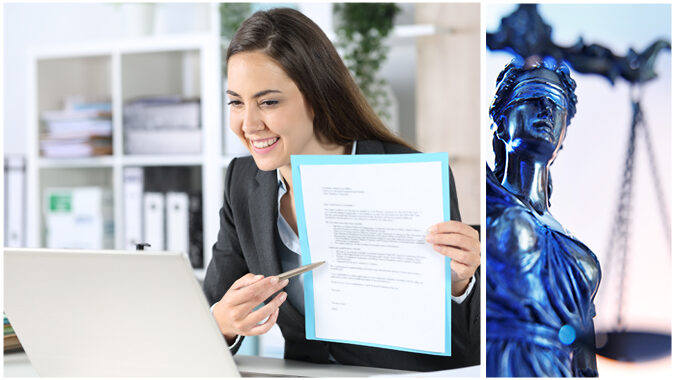



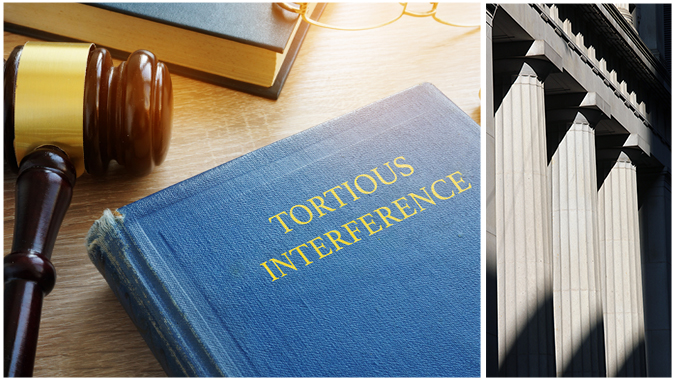
![The Litigator’s Guide to Evidentiary Objections: When to hold them and how to avoid mistakes (Including 1hr of Ethics) [2024 Edition]](https://mylawcle.com/wp-content/uploads/2024/03/The-Litigators-Guide-to-Evidentiary-Objections-When-to-hold-them-and-how-to-avoid-mistakes-Including-1hr-of-Ethics-2024-Edition_myLawCLE.jpg)
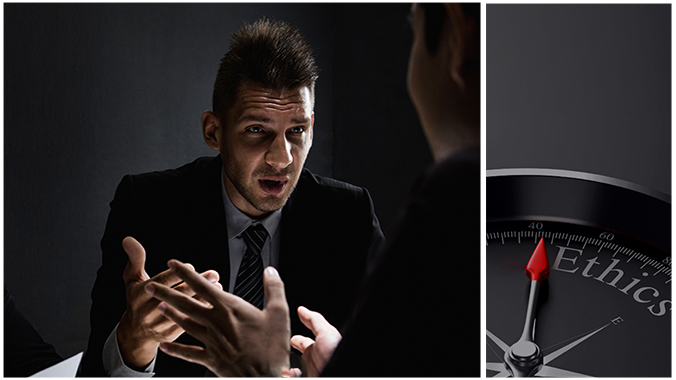
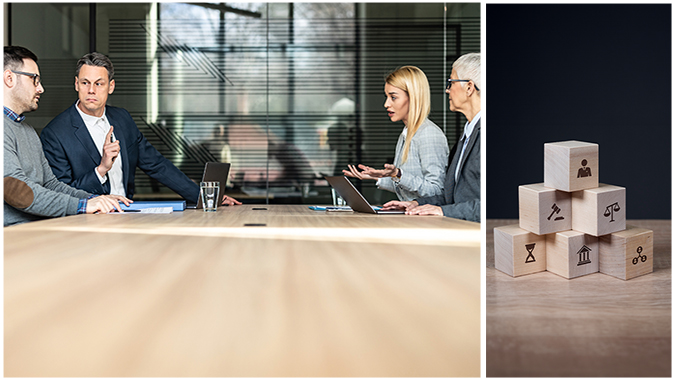
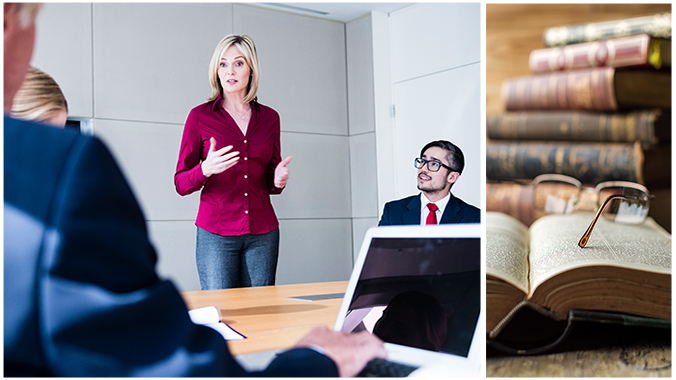
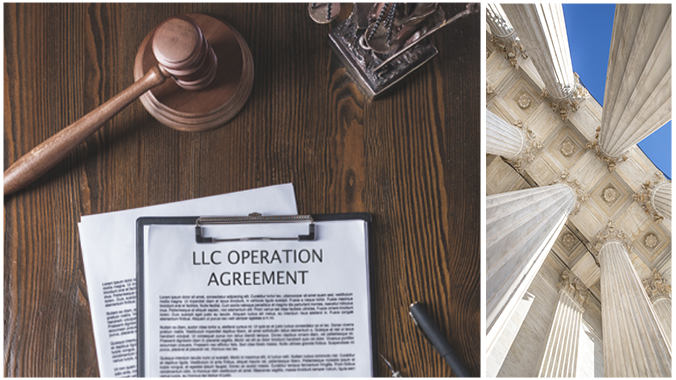



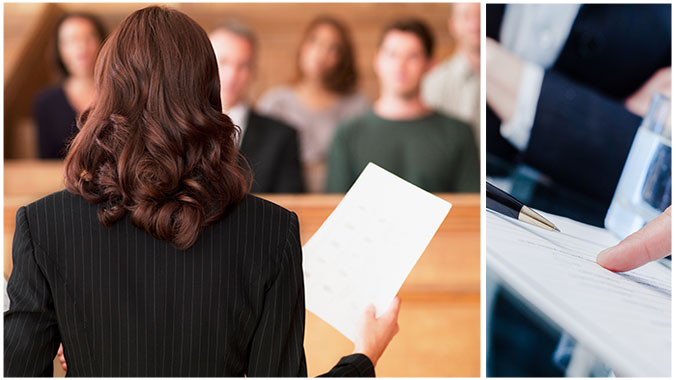
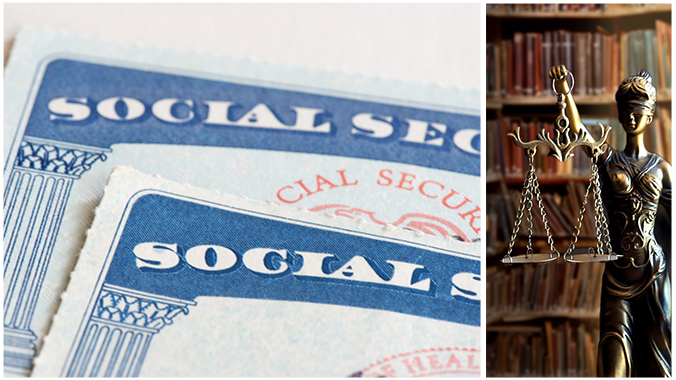
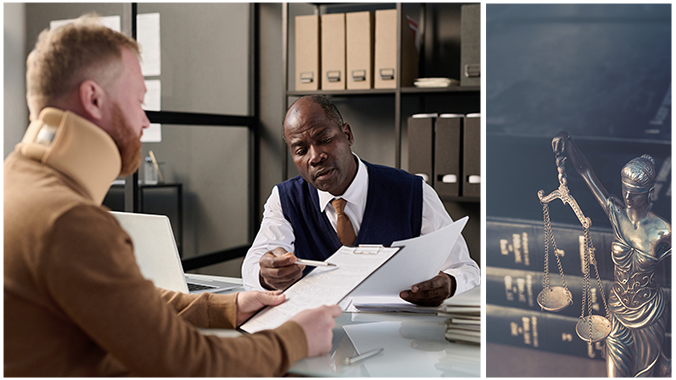
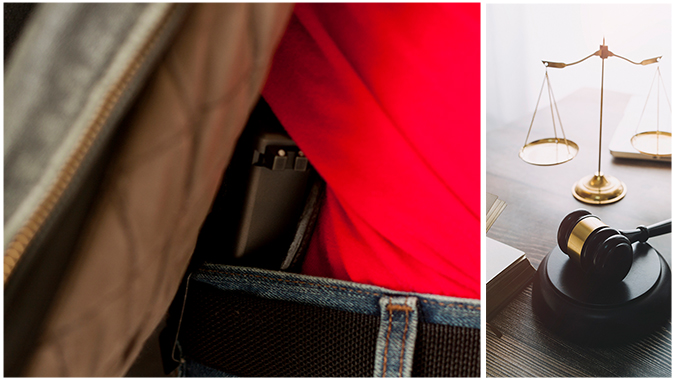
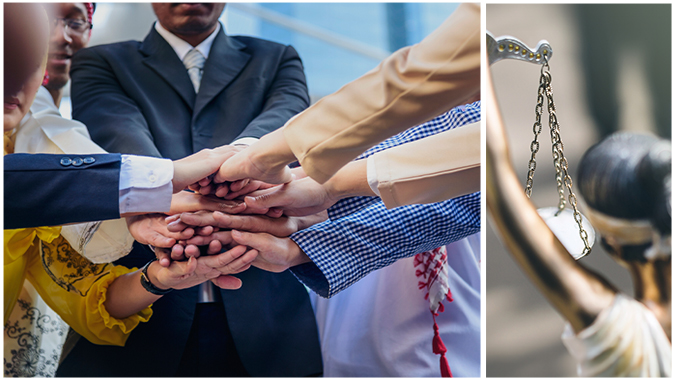




Upcoming CLE Webinars


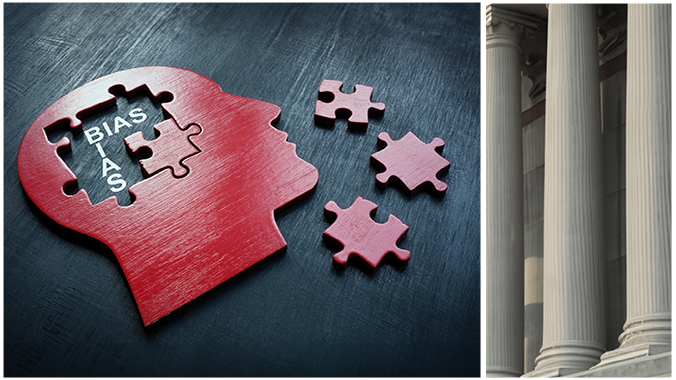

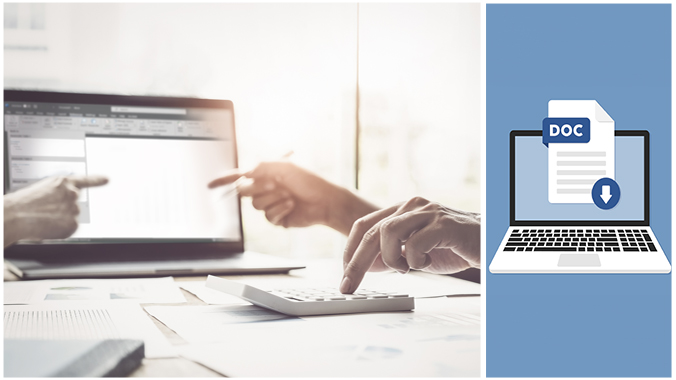



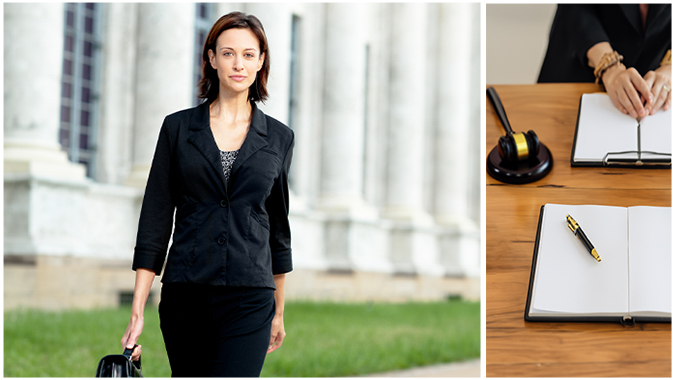
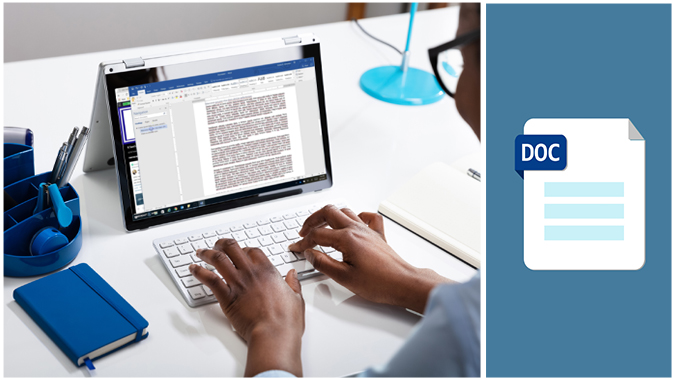

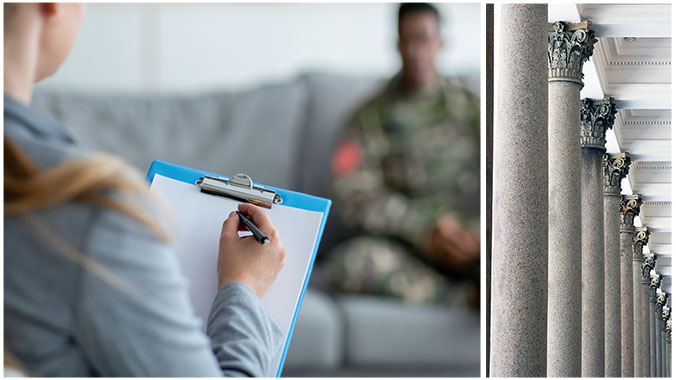
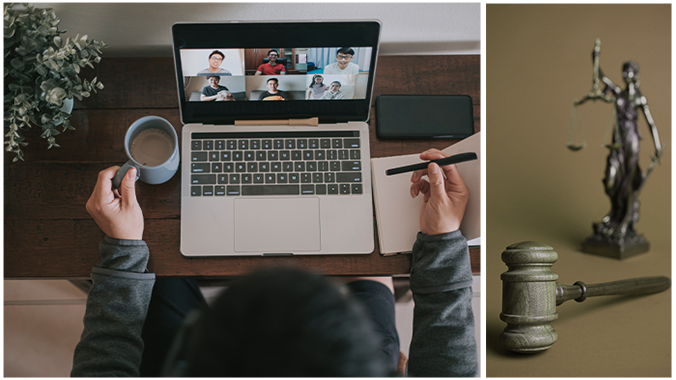
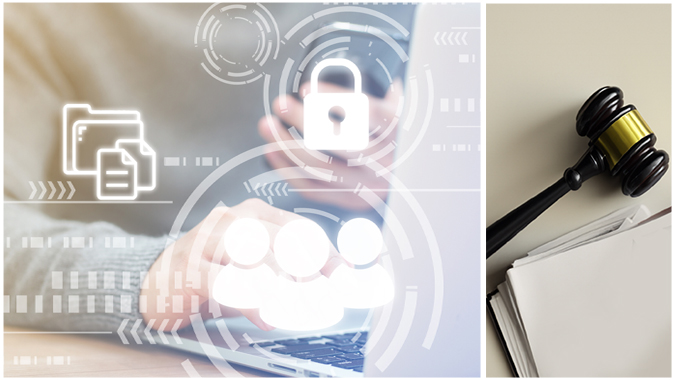

![The Litigator’s Guide to Evidentiary Objections: When to hold them and how to avoid mistakes (Including 1hr of Ethics) [2024 Edition]](https://mylawcle.com/wp-content/uploads/2024/03/The-Litigators-Guide-to-Evidentiary-Objections-When-to-hold-them-and-how-to-avoid-mistakes-Including-1hr-of-Ethics-2024-Edition_myLawCLE.jpg)

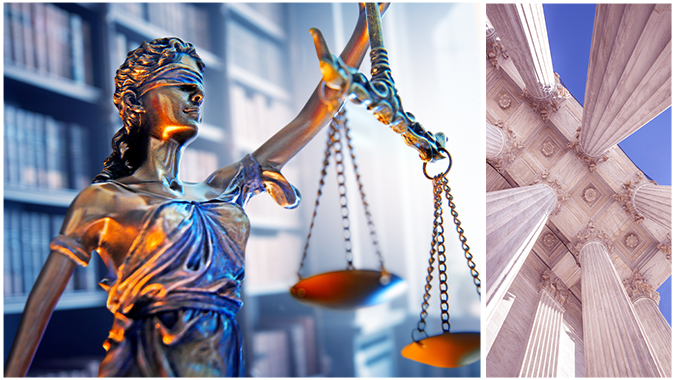
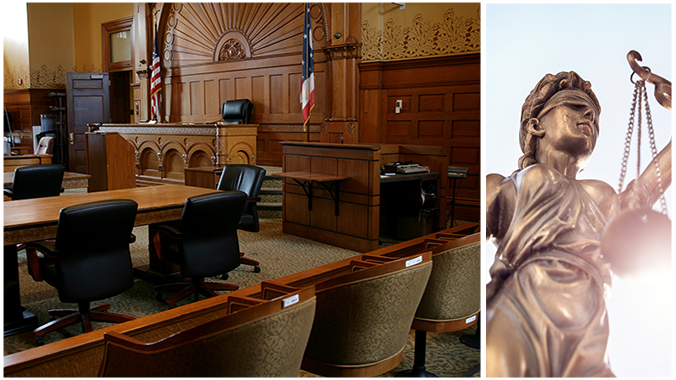
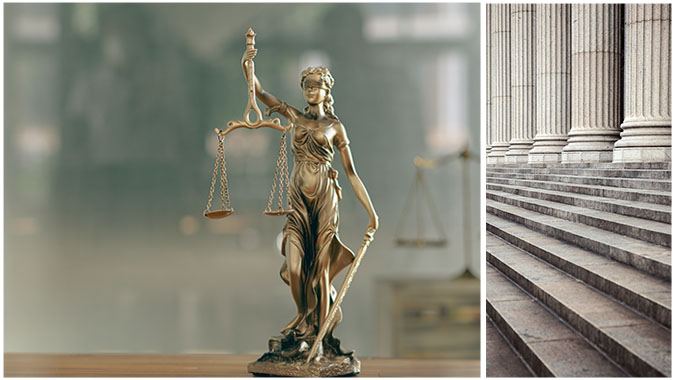
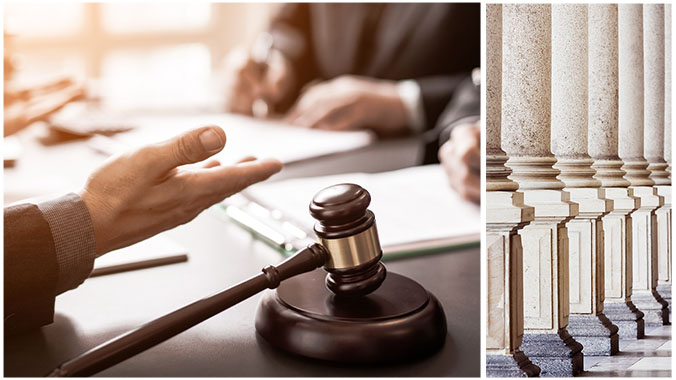

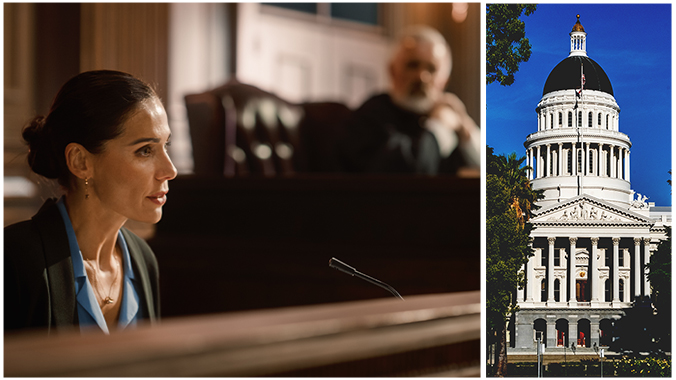



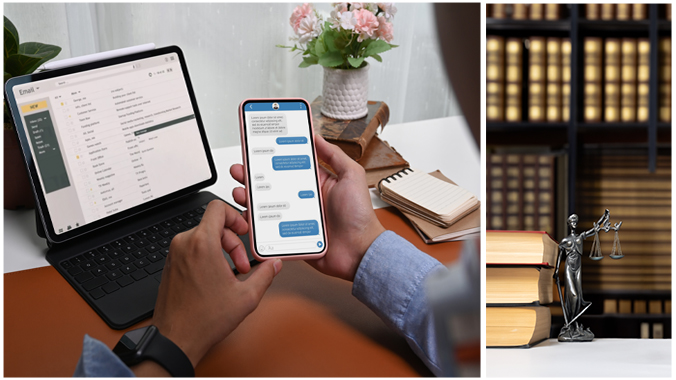

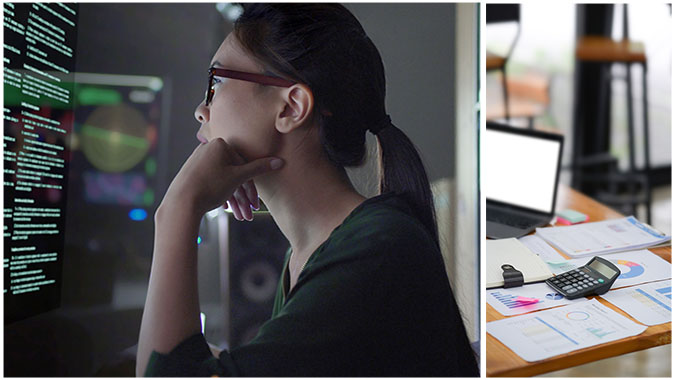
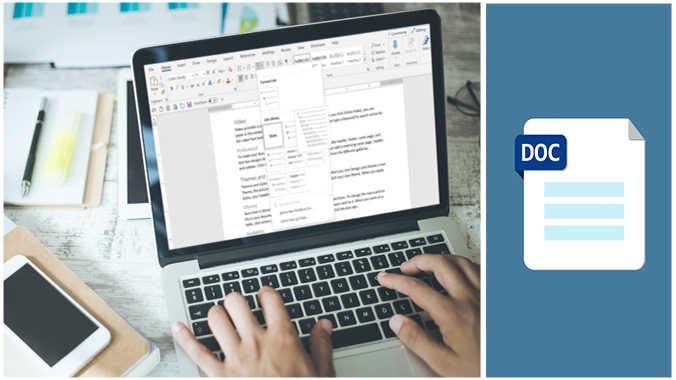

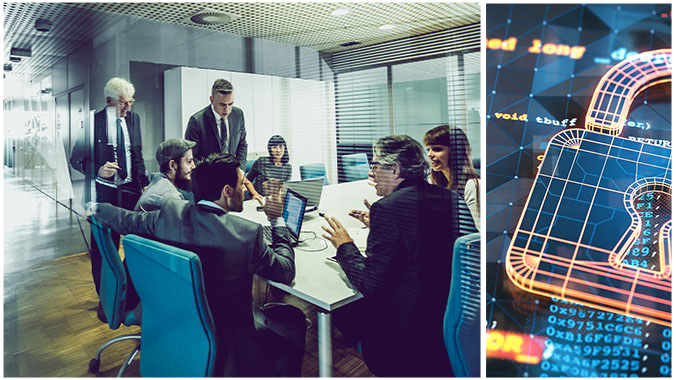
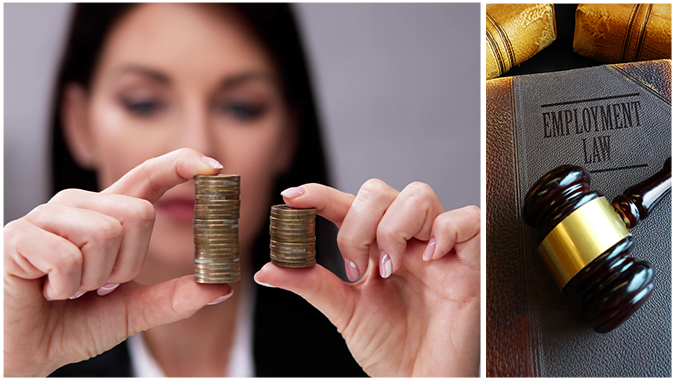

![Evidence 101 [Part 1]: Relevancy & company](https://mylawcle.com/wp-content/uploads/2024/07/Evidence-101_myLawCLE.jpg)


